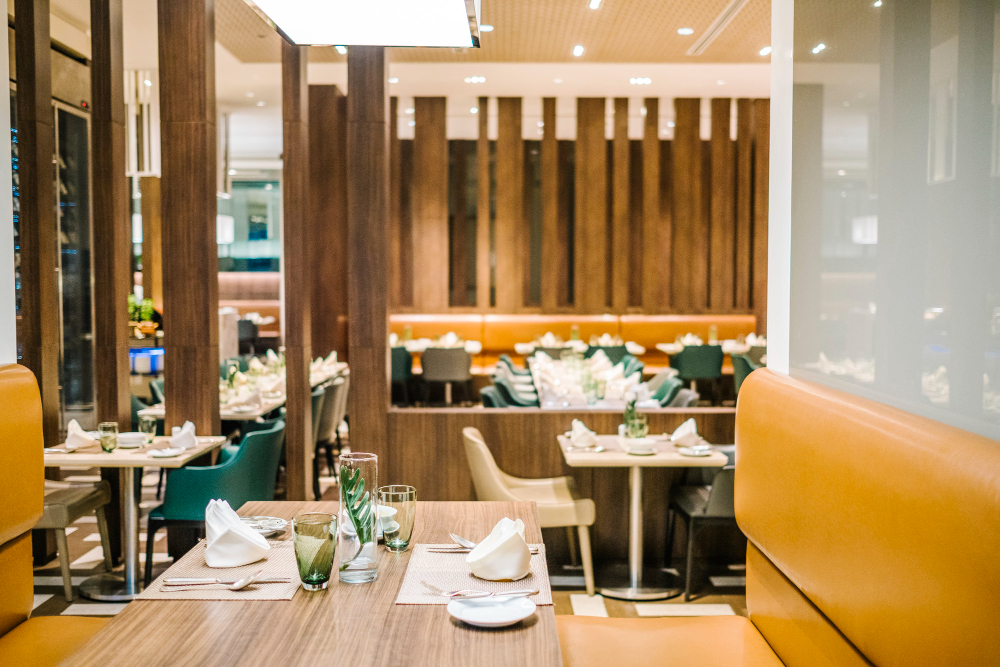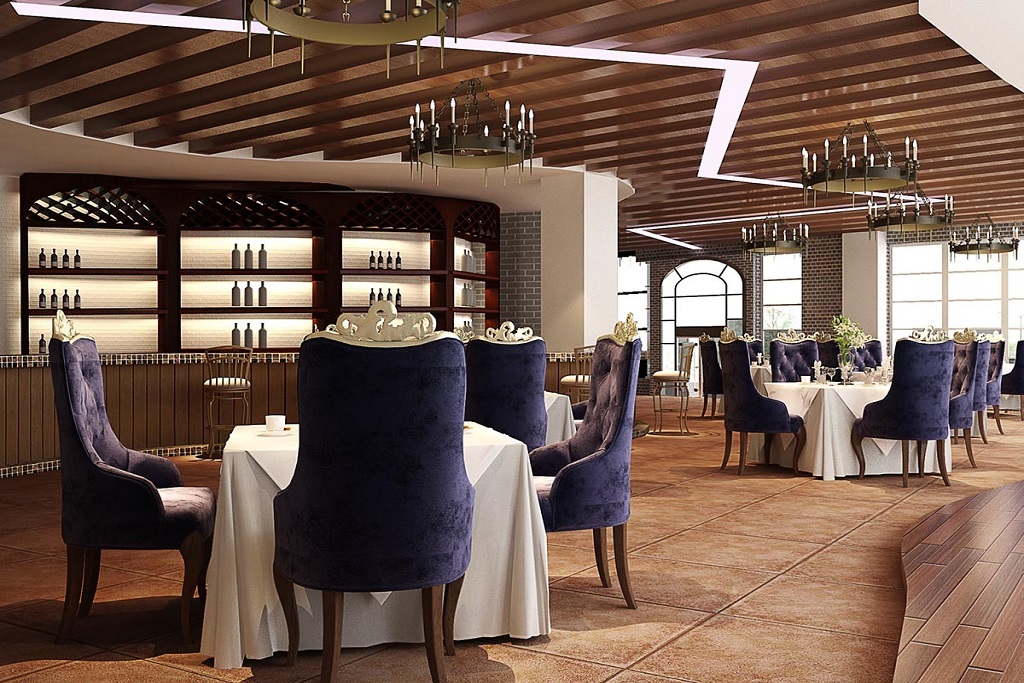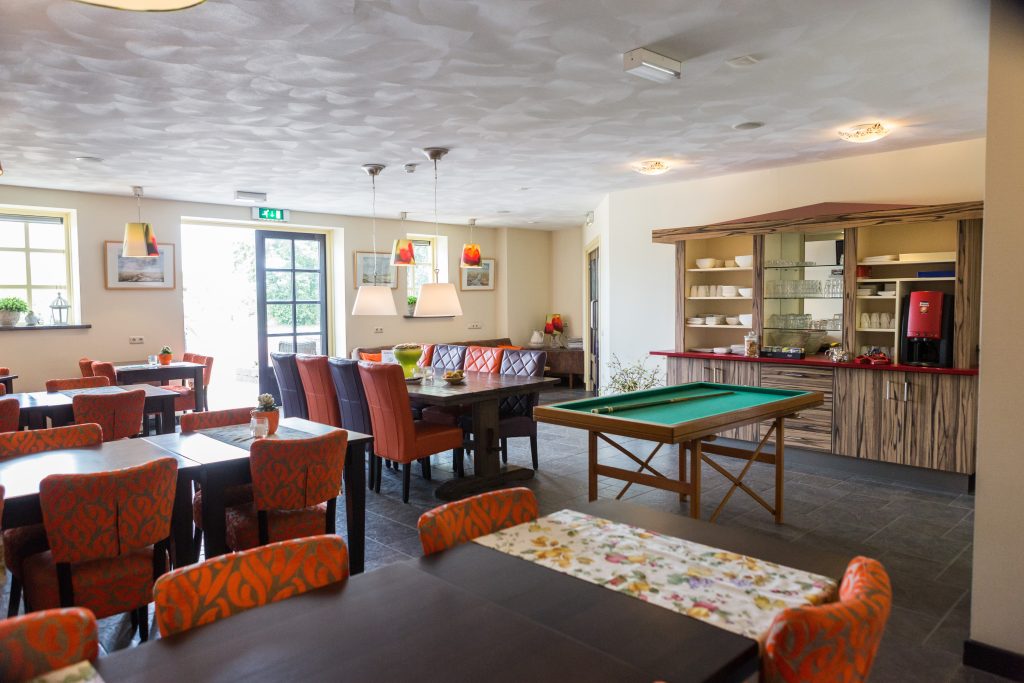In the ever-evolving world of business, decisions about office space can be critical. One common dilemma many companies face is whether to relocate to a new office or opt for an interior fit-out of their existing space. In this blog, we’ll explore the cost-effectiveness of choosing an interior fit-out over relocating.
Understanding the Need for Change
Before diving into cost-effectiveness, it’s essential to understand why businesses consider changes in their office space:
Growth:
As your business expands, you might need more space to accommodate new employees or departments.
Efficiency:
An office layout that enhances workflow and communication can significantly boost productivity.
Branding and Culture:
Reflecting your brand identity and fostering a positive company culture can be achieved through office design.
Budget Constraints:
Cost considerations often lead to the exploration of alternatives like interior fit-outs.
The Cost of Relocation
Relocating an office may seem like a fresh start, but it can come with significant hidden costs:
Real Estate Costs:
Leasing or purchasing a new office space often involves higher costs, both upfront and ongoing.
Moving Expenses:
The logistics of moving, including hiring movers and transporting office equipment, can be surprisingly expensive.
Downtime:
Moving can disrupt business operations for an extended period, resulting in potential revenue loss.
Rebranding:
If your new space doesn’t align with your brand identity, you may need to invest in rebranding efforts.
The Advantages of Interior Fit-Out
Interior fit-outs can be a cost-effective and strategic choice for several reasons:
Cost Control:
Fit-outs allow you to control and optimize your budget. You can choose the scope and scale of the changes based on your financial capacity.
Minimal Disruption:
Unlike relocation, fit-outs can often be carried out while your business continues to operate, minimizing downtime.
Customization:
Tailor your office space to meet your specific needs, whether it’s open-plan workstations, private offices, or collaboration areas.
Sustainability:
Retrofitting an existing space can be more environmentally friendly than constructing a new one.
Making the Decision
When deciding between relocation and interior fit-out, consider these factors:
Current Space:
Assess the potential of your current office. Is it possible to reconfigure and renovate to meet your needs?
Budget:
Determine your budget and how much you’re willing to invest in changes.
Timeline: Consider your timeline.
Can your business afford the downtime associated with relocation?
Long-Term Goals:
Think about your long-term objectives. Will the changes in your current space support your future growth and development?
Conclusion
While relocating your office space might seem like a fresh start, it can come with significant costs and disruptions. Interior fit out offer a cost-effective alternative, allowing you to transform your current space to meet your evolving needs while maintaining control over your budget and minimizing downtime. Before making a decision, carefully assess your current situation, budget, and long-term goals to determine whether an interior fit-out is the right choice for your business. Ultimately, the goal is to create a workspace that enhances productivity, fosters a positive company culture, and aligns with your brand identity, all while making smart financial decisions.



